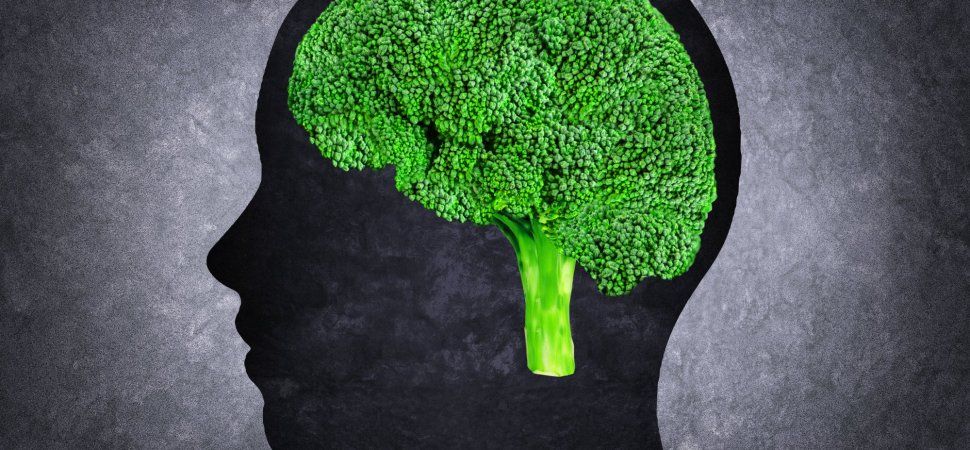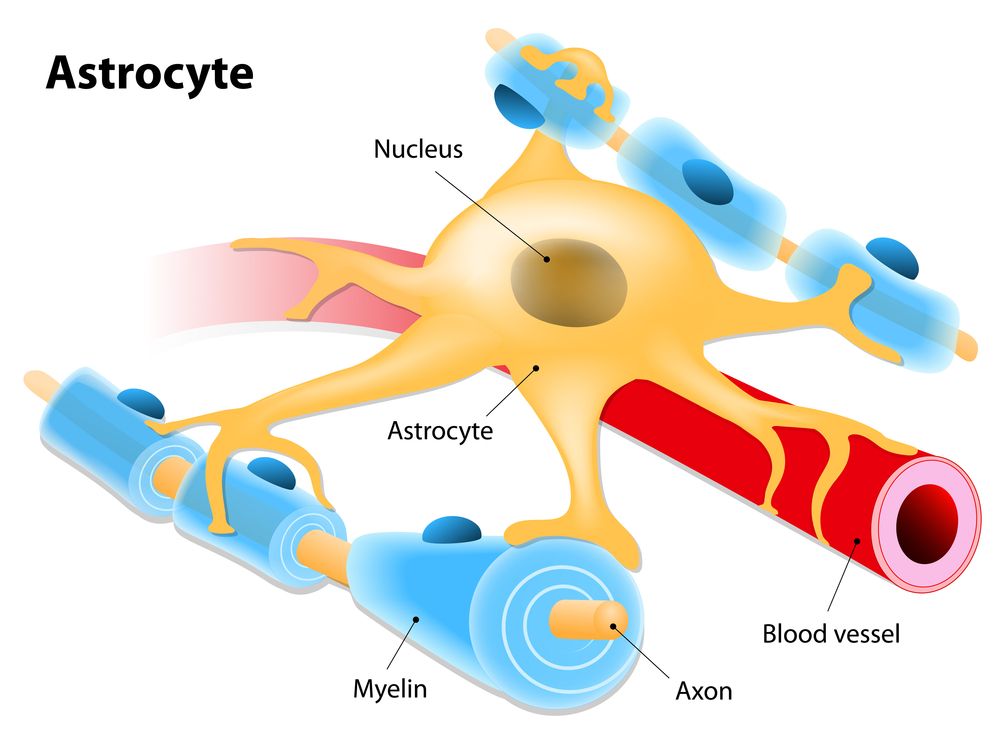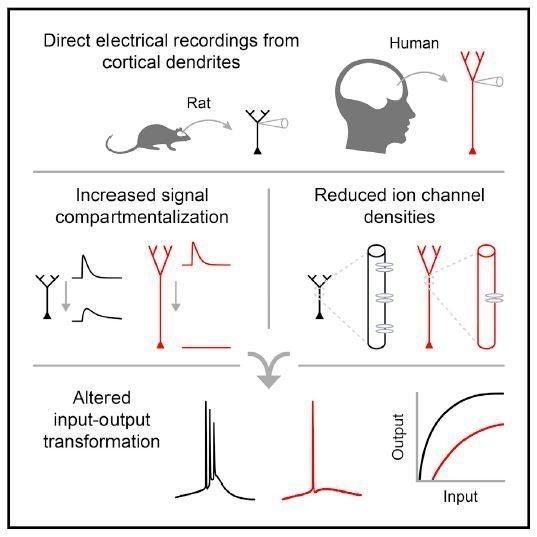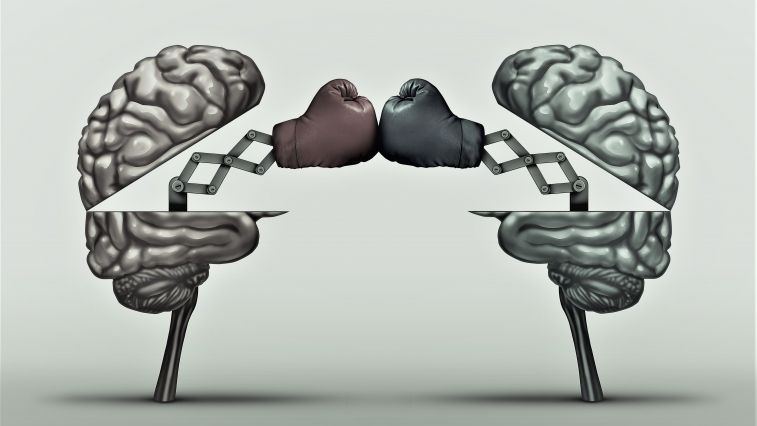Oct 26, 2018
The ‘Best Illusion of the Year’ Will Make You Mistrust Your Brain
Posted by Genevieve Klien in category: neuroscience
Every year, various members of the illusion community—which is made up of scientists, neurologists, researchers, and even artists—get together to decide which of their recently created mind-melters deserves the honor of Best Illusion of the Year. This year, Japan’s Kokichi Sugihara claimed the top prize with a deceptively simple illusion that plays with how our mind perceives 3D objects.
This isn’t the first time Kokichi Sugihara, a mathematician at Meiji University in Japan, has won the Best Illusion of the Year honor. Nor is it the first time his fantastic illusions have shown up on Gizmodo. Triply Ambiguous Object, his latest award-winning creation, appears to be a simple 3D structure, with a tiny flag mounted on one of its many corners.
Continue reading “The ‘Best Illusion of the Year’ Will Make You Mistrust Your Brain” »


 Wonderful to see the continuing progress of Mr. Omar Flores, with the support of his lovely wife, actress Mayra Sierra, today on the Venga la Alegria (VLA) show on TV Azteca (
Wonderful to see the continuing progress of Mr. Omar Flores, with the support of his lovely wife, actress Mayra Sierra, today on the Venga la Alegria (VLA) show on TV Azteca (













